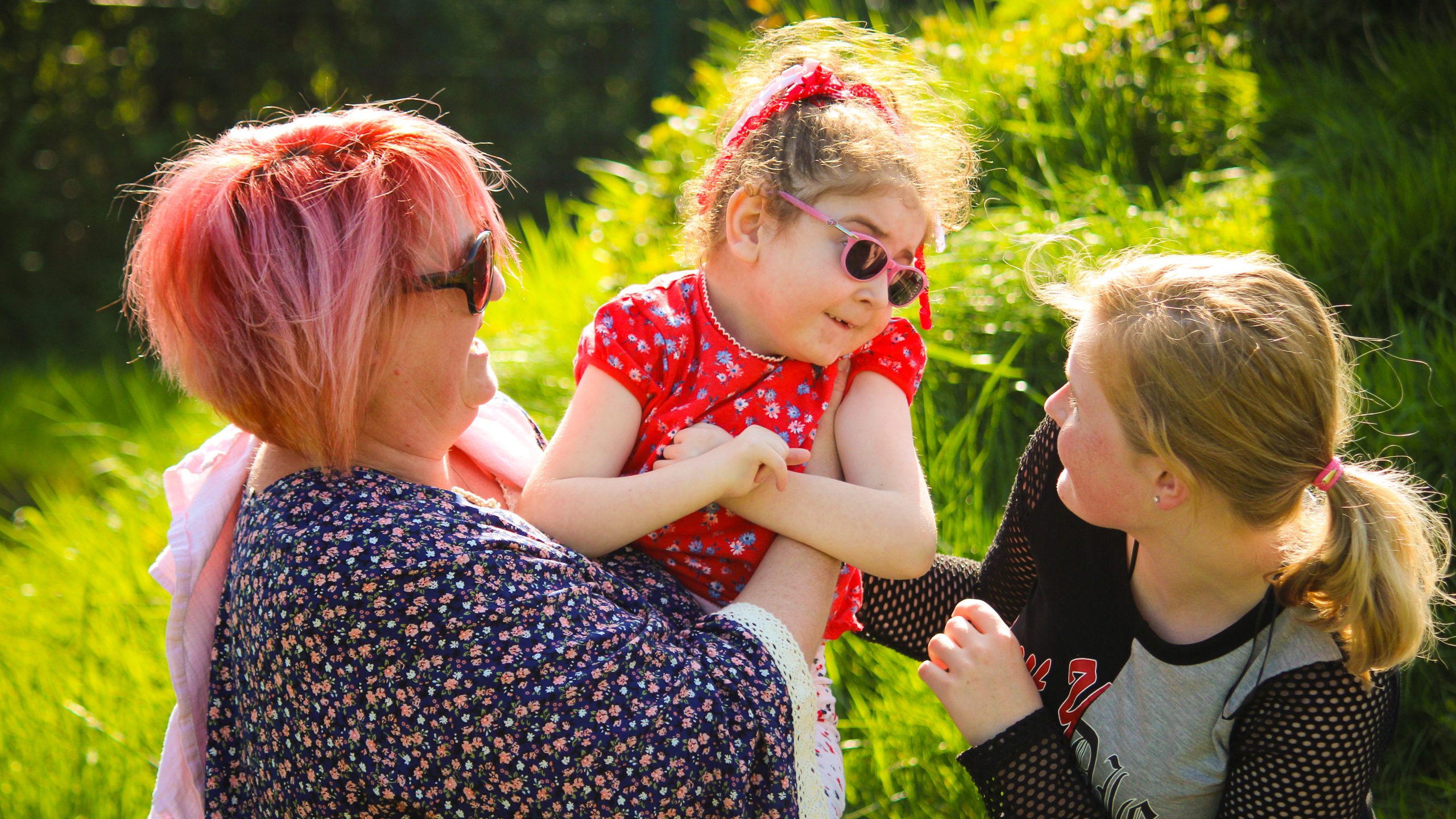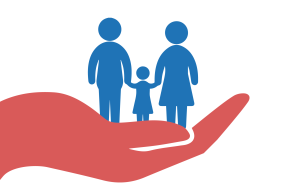Don’t be afraid to say ‘I don’t know’
It is not possible to know about every rare condition. Patients understand this and value honesty. Be honest about your level of knowledge and demonstrate that you are prepared to learn or ask others for help. This can help build trust and a positive relationship with your patient.
Listen
People with rare conditions often report that they are not listened to or that their concerns are dismissed. People with rare conditions are typically experts in their (or their child’s) condition and they are best placed to communicate how the condition affects them/their child and what their needs are.
Signpost to support groups
Wherever possible, assist families to access information and support from condition specific support organisations. Genetic Alliance UK can help you identify support organisations for your patients.
Communicate
Dealing with health and social care professionals can be a daunting experience. Help to build a positive relationship by communicating considerately and clearly; introduce yourself and explain your role in your patients care, avoid using jargon and consider using aids (such as diagrams or online videos) to describe complicated things. People can find appointments overwhelming and stressful, it is important to show empathy and understanding.
Coordinate care
Many patients with a rare condition require complex care from a range of different health professionals. It is in their best interest, and the best interest of those involved in their care, to ensure care is properly coordinated. Wherever possible, coordinate with other care providers and assist patients in obtaining a dedicated care coordinator and do not assume this is a job for someone else to do.
Consider the family
Having a child with a rare condition can significantly affect the lives of other members of the family. Consider the needs of parent carers and siblings in your interactions with the family – ask how they are coping or if there is any support they need. Where appropriate, signpost family members to sources of practical, emotional and financial support.


